The Upside of Climate Pessimism
Optimism doesn't always lead to action on climate change, whereas pessimistic outlooks can sometimes help.
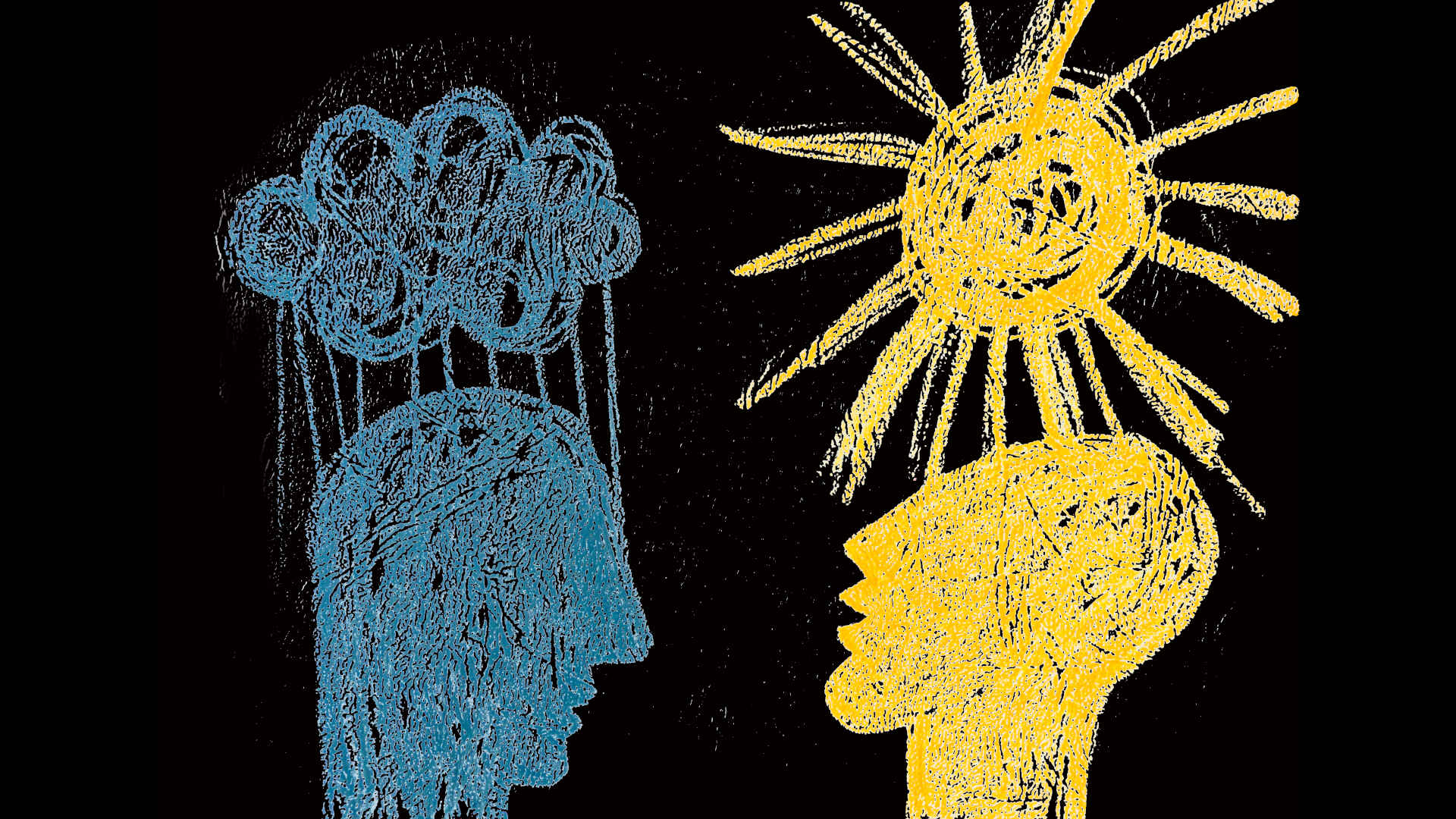
Send us a link
Optimism doesn't always lead to action on climate change, whereas pessimistic outlooks can sometimes help.

Four coordinated laboratories discovered and replicated 16 novel findings with ostensibly gold standard best practices.
Magic mushrooms are no magic cure for society's ills, and a substance as powerful as psychedelics can be dangerous if it falls into the wrong hands

You might have been told off for staring out the window at school, but psychology shows us it's one of the best ways to spark new ideas and have epiphanies.

If intelligence analysis is to improve, we must learn from our new understanding of cognitive bias.

I took part in an experiment to decipher my inner thoughts.
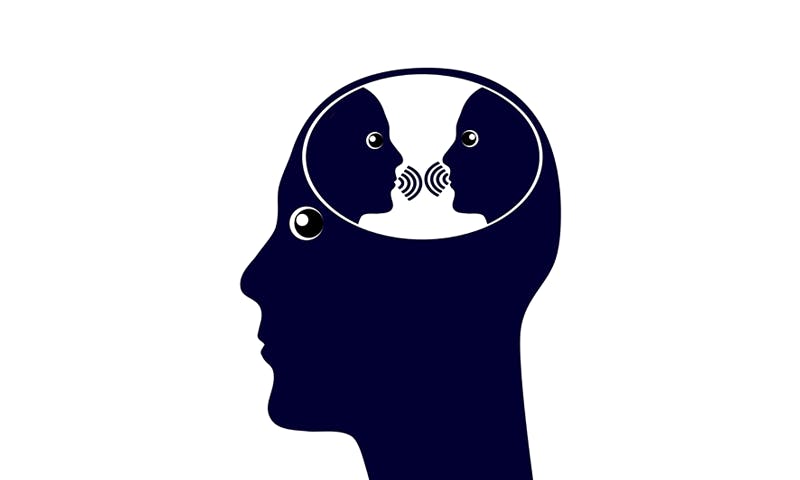
Every era has its myths and rituals, doomed to seem absurd to future generations. Today, we believe in psychology.
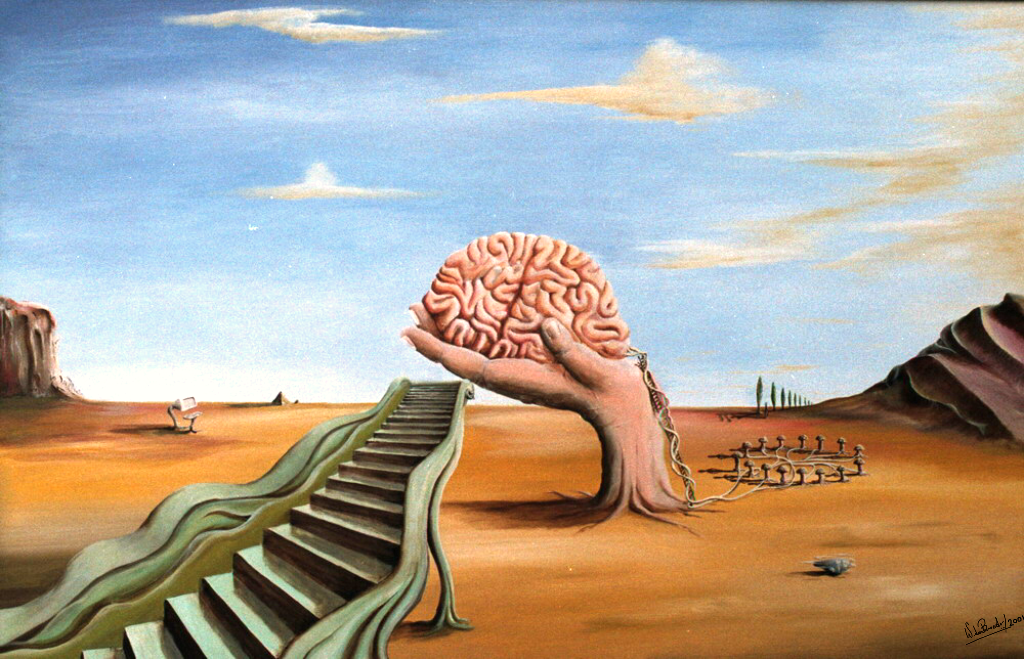
The psychologist Steven Pinker has long believed we should be more optimistic - and even current crises do not dissuade him.

Examining how social media affects the public cognitive and affective factors further influences their attitudes towards COVID-19 governance policy.
Ever wondered why so many people believe in horoscopes? Have you ever believed them yourself? Turns out, the better we understand our attraction to quack science, the better we can avoid falling victim to it.

Physical activity has been proposed to be beneficial for prevention of depression, although the importance of exercise intensity, sex-specific mechanisms, and duration of the effects need to be clarified. Using an observational study design, following 395,369 individuals up to 21 years it was studied whether participation in an ultralong-distance cross-country ski race was associated with lower risk of developing depression.
Studies of MDMA, ketamine, psilocybin mushrooms and other psychedelics have shown tremendous potential for therapeutic applications

Must we always follow reason? Do I need a rational argument for why I should fall in love, cherish my children, enjoy the pleasures…

The largest psilocybin treatment trial to date suggests that the psychedelic drug can help people with treatment-resistant depression.
If the eyes are the window to your soul, the face is the frame. Facial expressions may say more about you than you realize. Even neutral expressions do.

Grass-roots action against bad behaviour has spurred reform - and should keep going.
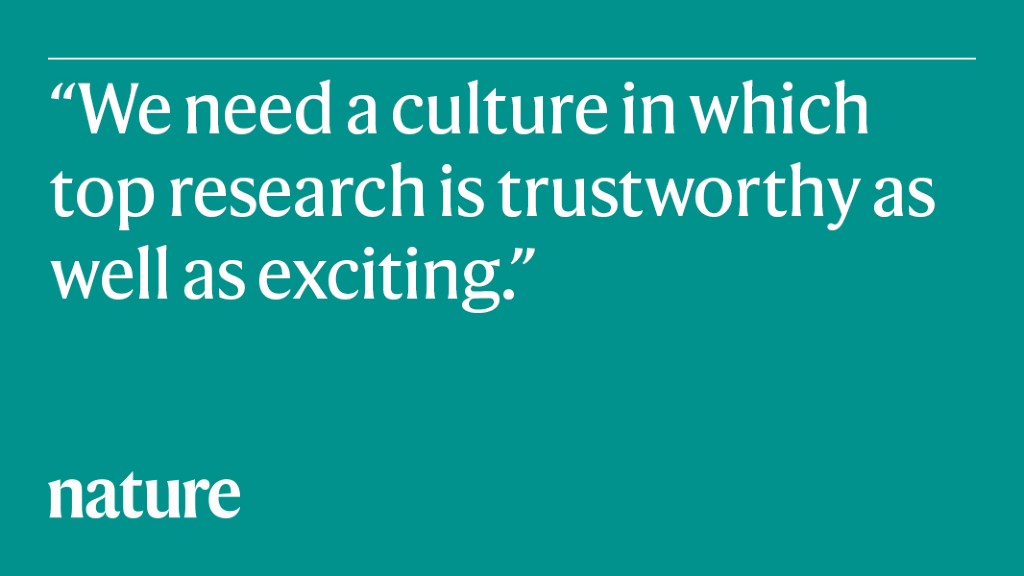
The debate over whether number lines are innate or learned obscures a more fundamental question: Why do we map numbers to space in the first place?

Australian psychologist Steven Taylor published what would turn out to be a prophetic book, and it has become like a Lonely Planet guide to the pandemic.

A mathematical ritual known as null hypothesis significance testing has led researchers astray since the 1950s.

When none of the usual people are around to have a conversation with, 'private speech' can be helpful as well as fun, says psychologist Charles Fernyhough

Everything became imbued with a sense of vitality and life and vividness. If I picked up a pebble from the beach, it would move.

A myopic but seductive worldview has caught on among many influential people - and it might be hindering our ability to solve real-world problems.
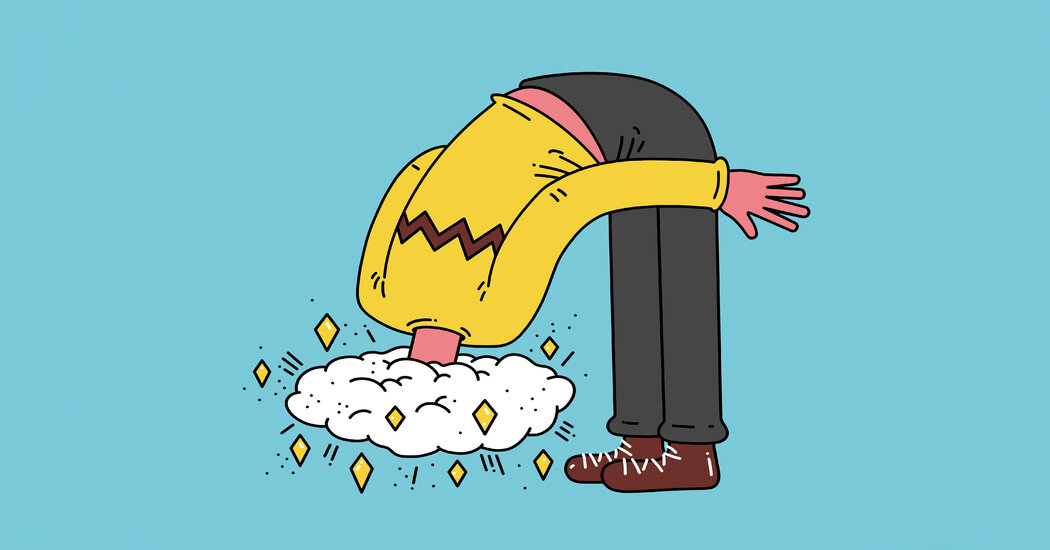
This study examines psychologists' motivations to share data and how to better promote psychologists' data sharing and open data badge adoption.
To understand how money affects politics, we need to understand how money affects psychology.
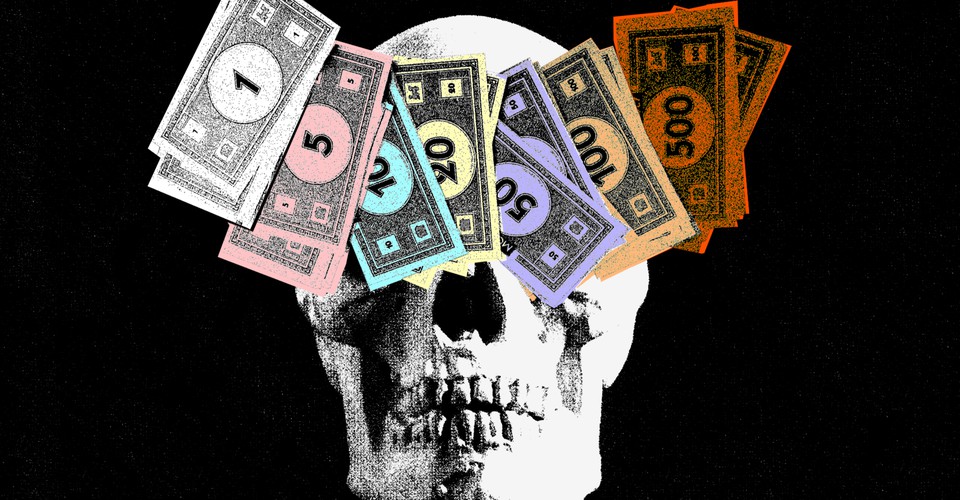
Replication, an important, uncommon, and misunderstood practice, is making a comeback in psychology.
Study instead suggests people are initially attracted to those with similar features to themselves.

The pandemic has shown how a lack of solid statistics can be dangerous. But even with the firmest of evidence, we often end up ignoring the facts we don't like.

The Psychological Science Accelerator isn't the only project seeking to address the reproducibility problem. But the accelerator is unique in two ways. First, collaborators plan to continue to work on large-scale efforts indefinitely. And second, the accelerator isn't necessarily limited to replication studies, opening it to novel and exploratory work.
Hans Eysenck More than two dozen papers by a controversial psychologist who died in 1997 are "unsafe."
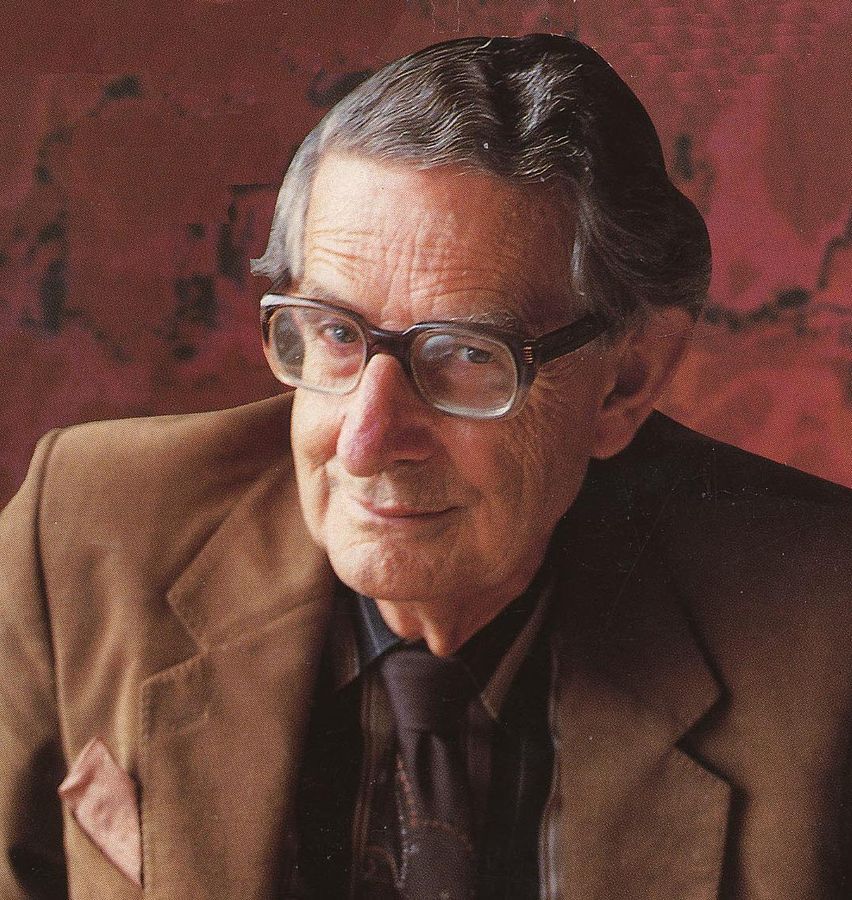
This paper is rather a profound hermeneutic enunciation putting into question our present understanding of psychopathy. It further articulates, in complement, a novel theoretical and methodological conceptualisation for a hermeneutic psychological science.